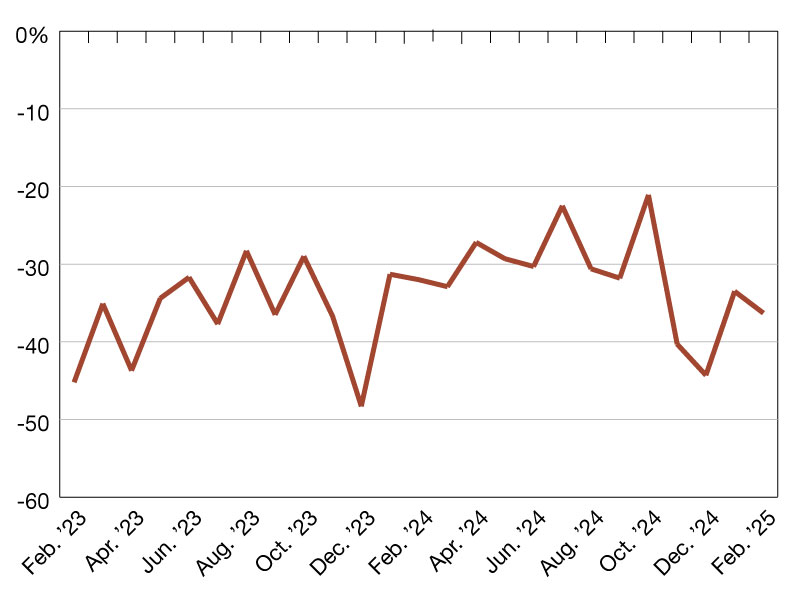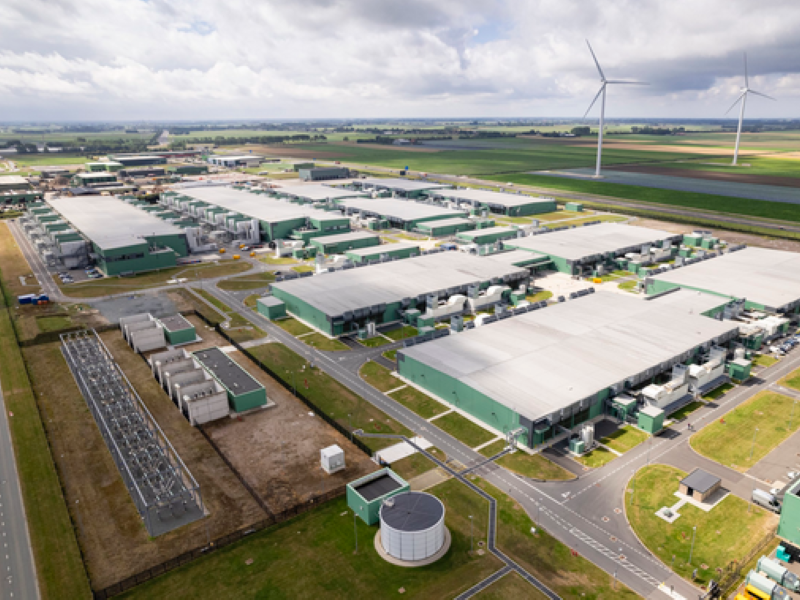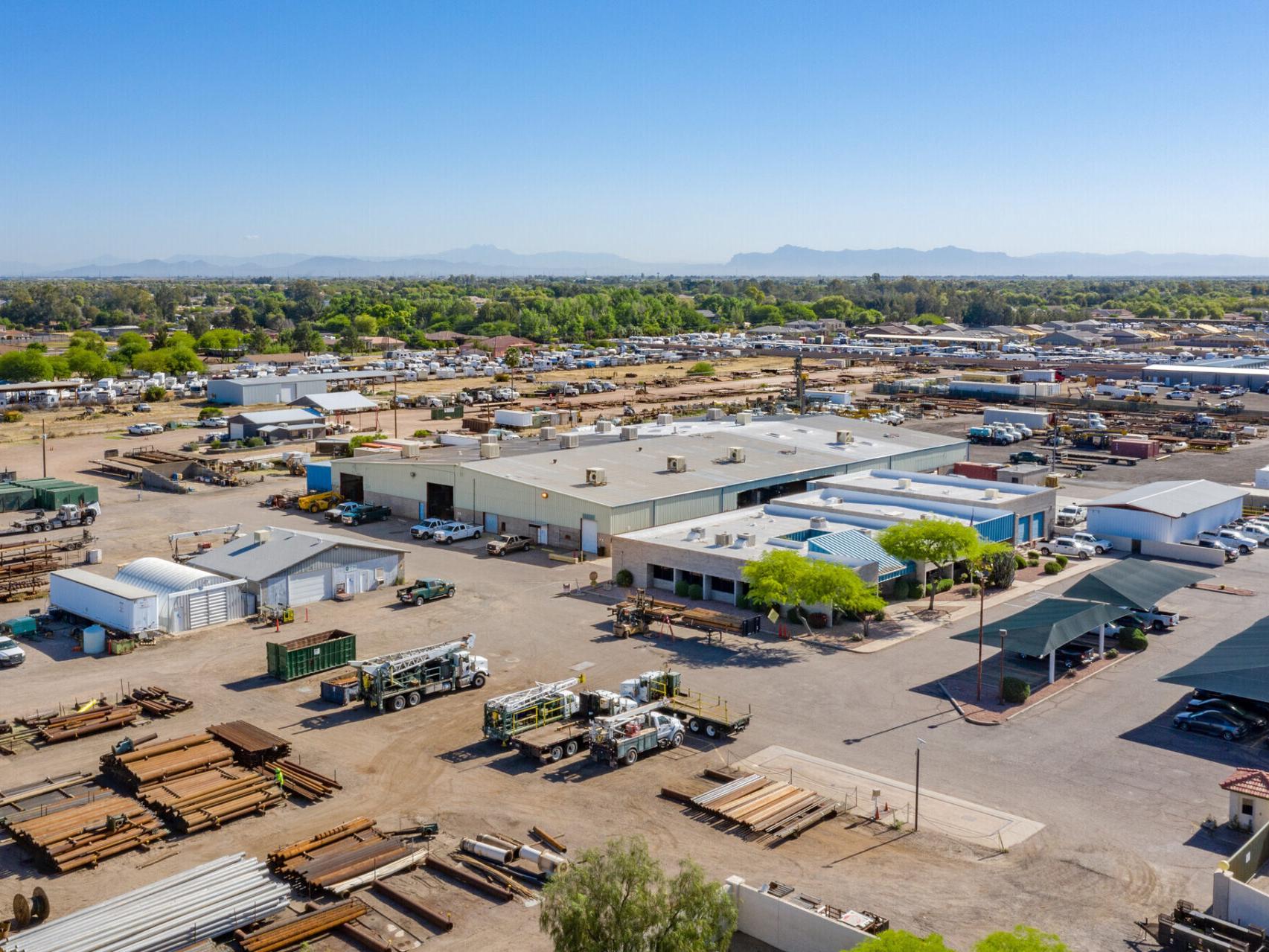Net Lease QSR Properties Outperform Market
Lower price points, long-term leases and rental escalations are some of the reasons why net lease investors are flocking to single-tenant quick service restaurant properties, according to The Boulder Group President Randy Blankstein.
By Randy Blankstein
 Cap rates in the net lease quick service restaurant (QSR) sector declined to 5.56 percent in the second quarter of 2017, representing a 14 basis point decline compared to the prior year. Cap rates for corporate-leased QSR properties decreased by 10 basis points to a 5.35 percent cap rate, while those leased to franchisees declined by 5 basis points to a 5.75 percent cap rate. The 14 basis points of cap rate compression within the net lease QSR sector occurred during the same time period when cap rates for the net lease retail sector increased by 5 basis points. The recent inverse cap rate trend between the overall retail and QSR sectors can be attributed to the influx of investors to this sub-sector. Investors continue to target the QSR sector because it is e-commerce resistant and is a popular alternative for 1031 investors when compared to other low-priced net lease properties.
Cap rates in the net lease quick service restaurant (QSR) sector declined to 5.56 percent in the second quarter of 2017, representing a 14 basis point decline compared to the prior year. Cap rates for corporate-leased QSR properties decreased by 10 basis points to a 5.35 percent cap rate, while those leased to franchisees declined by 5 basis points to a 5.75 percent cap rate. The 14 basis points of cap rate compression within the net lease QSR sector occurred during the same time period when cap rates for the net lease retail sector increased by 5 basis points. The recent inverse cap rate trend between the overall retail and QSR sectors can be attributed to the influx of investors to this sub-sector. Investors continue to target the QSR sector because it is e-commerce resistant and is a popular alternative for 1031 investors when compared to other low-priced net lease properties.
Attractive Attributes
New-construction QSR properties are in the greatest demand among investors, as they exhibit the criteria that many 1031 exchange and private buyers seek. 1031 exchange and private buyers target single-tenant QSR properties because of the attractiveness of their typical lease structures. The vast majority of QSR properties exhibit absolute triple-net leases with scheduled rental escalations in the primary term. QSR properties constructed in the past two years experienced significant compression when compared to the prior year. In the second quarter of 2017, QSR properties constructed in the past two years had asking cap rates of 5.25 percent. This represented a 15 basis point decline compared to the second quarter of 2016. In the first two quarters of 2017, more than 75 percent of the QSR properties sold were purchased by private buyers.
The QSR sector differs from other sub-sectors within net lease because a majority of the properties are leased to franchisees rather than corporate entities. Cap rates for franchisee-leased properties can vary significantly, as lease guarantors can range from franchisees with less than 10 locations to large franchisees with hundreds of locations. Corporately guaranteed QSR properties were priced at a 40-basis-point premium over franchisee-backed properties.
The single-tenant net lease QSR sector will continue to garner investor demand, as many investors have shifted their attention to assets in e-commerce resistant arenas. Furthermore, 1031 exchange and private buyers will continue to seek out these assets because they offer low price point acquisition targets with long-term leases, rental escalations and zero landlord responsibilities.







You must be logged in to post a comment.